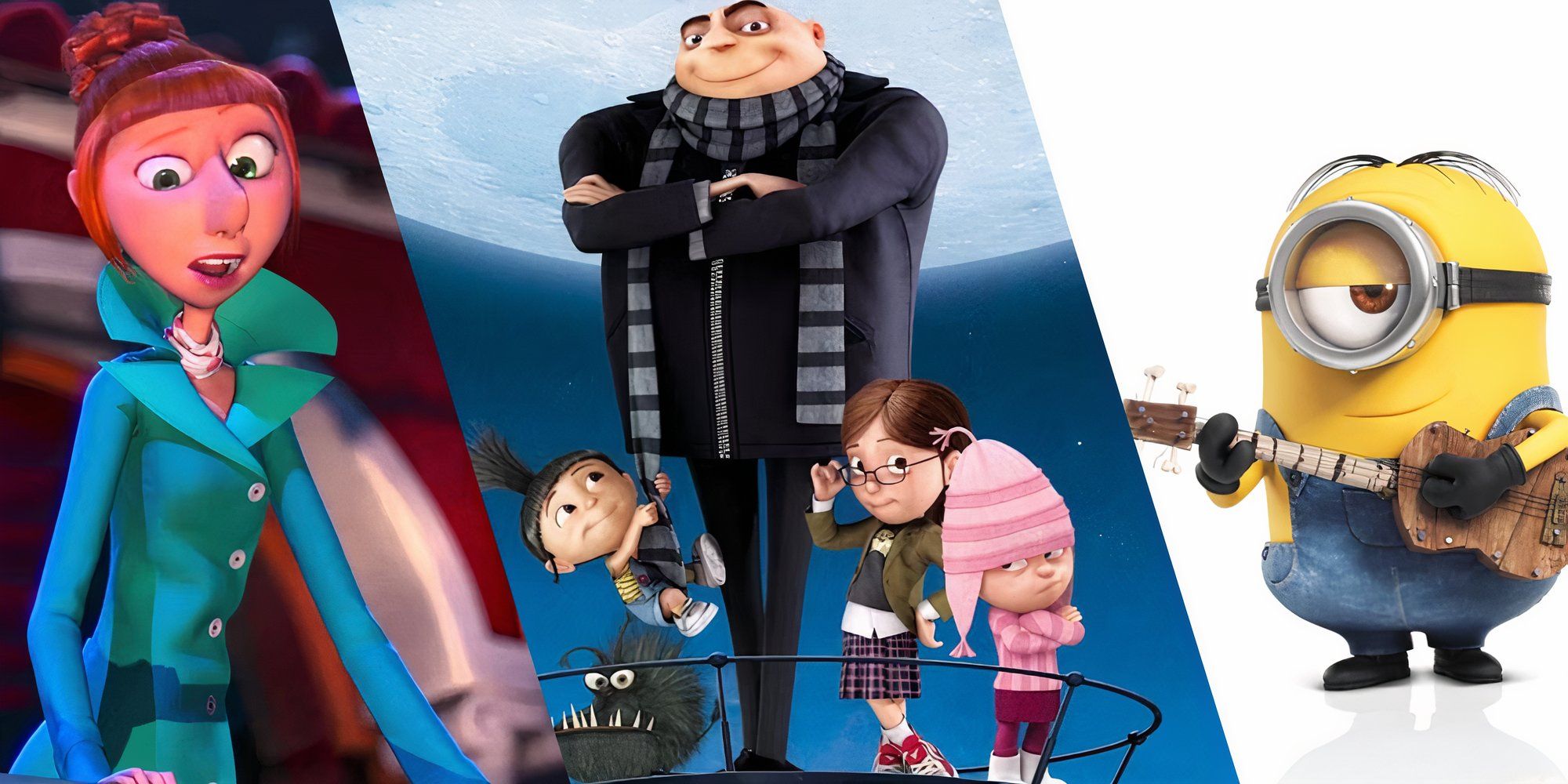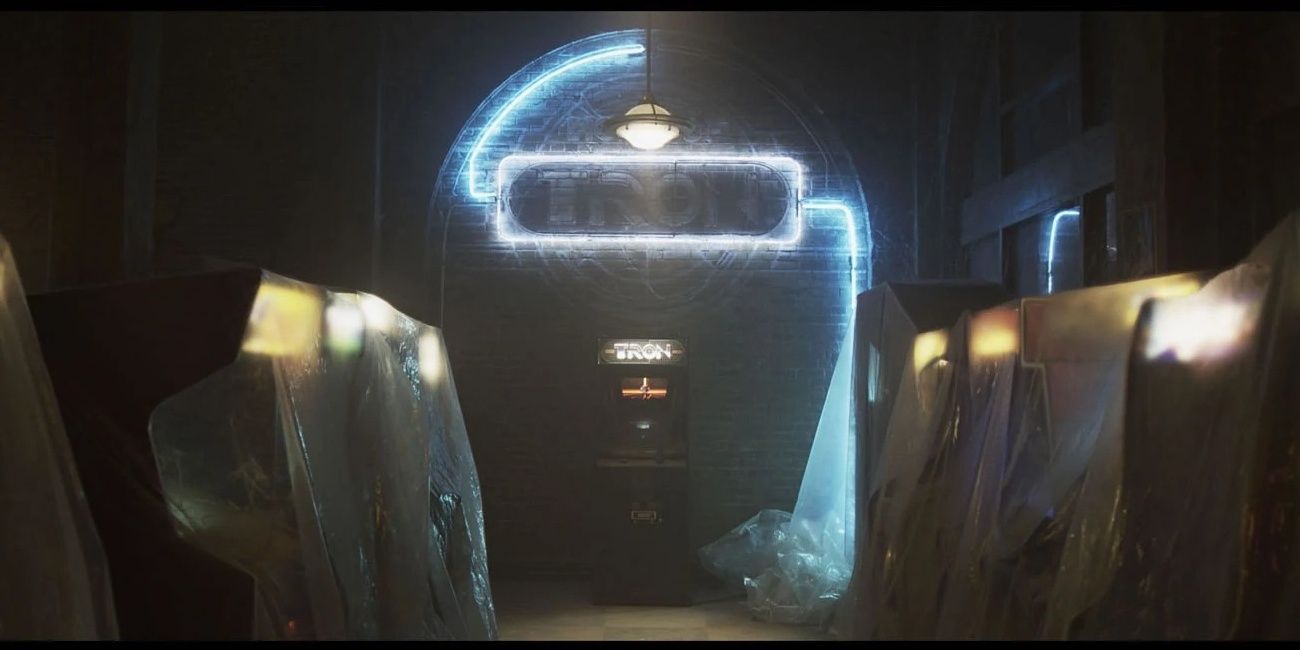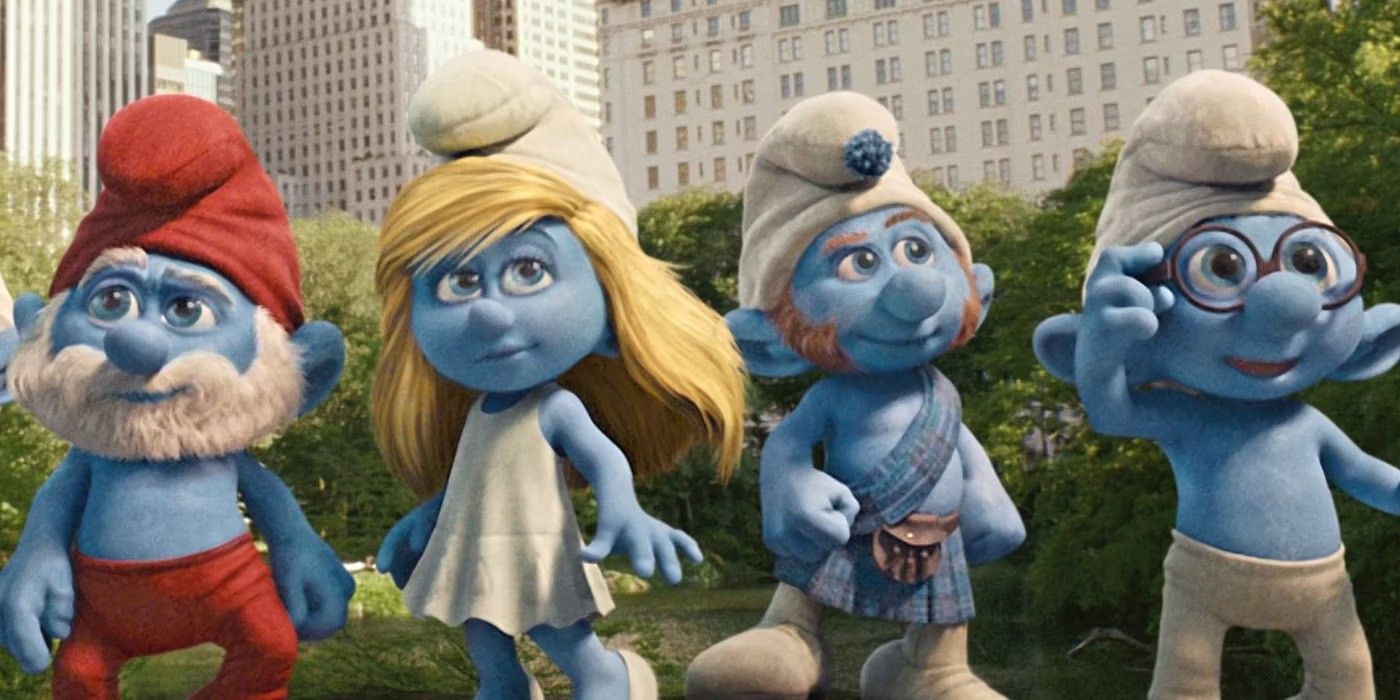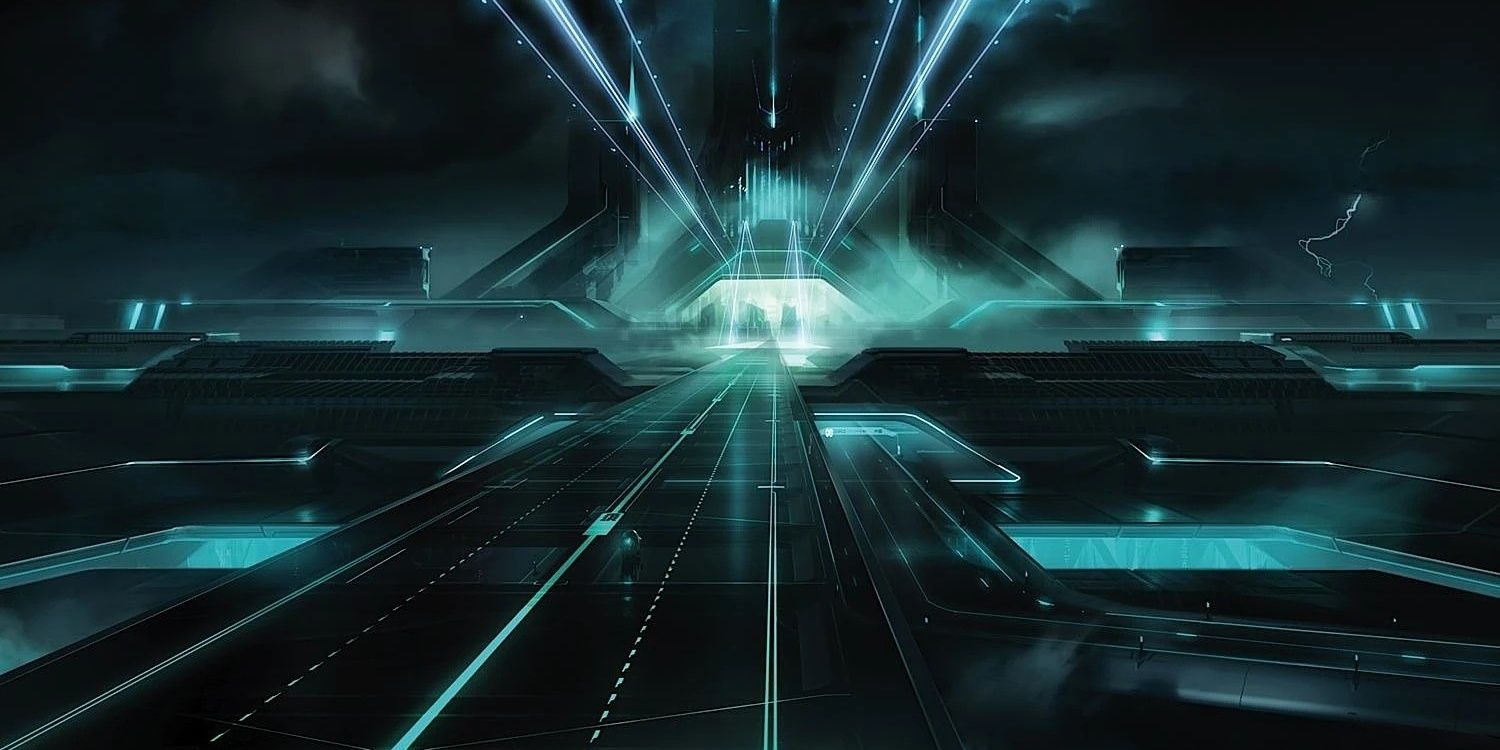Tron is a bizarrely long-lived franchise for its humble beginnings. The original 1982 movie earned praise for its groundbreaking visual effects and mixed reactions for its story. The 2010 follow-up delivered a similarly iffy narrative wrapped in glorious imagery and a stellar soundtrack. Disney played with the idea of a third entry for a decade before scrapping it and staging a reboot. Tron: Ares will eschew the Grid that held the first two outings, raising suspicion among weary devotees.
Every new detail about Tron: Ares seems to drive a wedge between its producers and the ostensible audience. Years of radio silence create hostility. Tron: Identity is the latest outing, a well-received visual novel that earned some goodwill. Tron: Ares feels like another misguided swing at franchise potential for an IP that can't stick around. While its potential remains questionable, Disney will march forward until they've run out of brand names to play with.
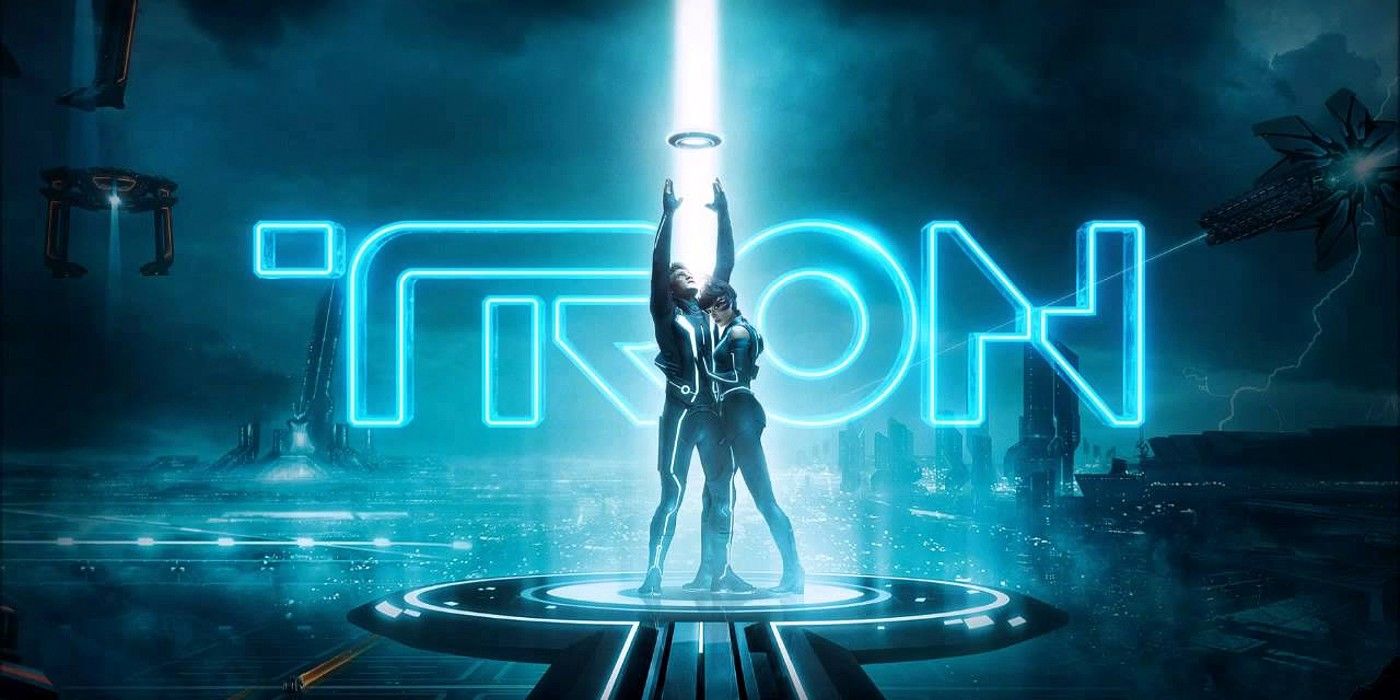
The Tron Sequel Is Already Set Up to Fail
With a toxic lead actor, a bizarre premise, and fifteen years without hype, Tron: Ares might be riding its light cycle uphill.
Tron: Ares is set in the real world
Disney has been careful with Tron: Ares' plot details. The film follows the eponymous Ares, portrayed unfortunately by Jared Leto, an advanced artificial intelligence sent into the material world on a deadly mission. Ares emerged from the scrapped script of the canceled Tron: Legacy sequel. That project, once tentatively titled TR3N, would have seen Garrett Hedlund's Sam Flynn and Olivia Wilde's Quorra leave the Grid and explore the outside world. Ares seems primed to borrow elements from the abandoned TR3N to craft a reboot, potentially eschewing the events of the 1982 original. Its premise runs against most fans' understanding of the franchise's positive qualities, dredging up memories of other troubled adaptations.
This gimmick has been bad before.
The Smurfs, released in 2011 by Sony Pictures, depicts the titular blue creatures sliding into a vortex that deposits them in contemporary New York City. This premise appears in several live-action interpretations of traditionally animated media. Tron: Ares earned comparisons to Smurfs, Scooby-Doo, or Sonic the Hedgehog. Most see this gimmick as a method of keeping costs down. A real shooting location, or one that can be convincingly faked by various sound stages and backlots, erases the need for a CGI fantasy world. The juxtaposition also saves the writing team a lot of work by providing half the jokes in advance. Does Tron: Ares step into the same lazy tropes by shifting its setting? Not necessarily, but it still suggests a lack of understanding.
Shooting Ares in a live-action environment precludes several production issues. When the original film hit the screen, CGI was shiny and new. The Academy disqualified Tron from the Best Visual Effects Oscar race because it considered computer effects "cheating." It represented a bewildering new frontier for genre cinema. Contemporary viewers loved Tron in part because it let them imagine the kinds of groundbreaking stories its techniques would one day facilitate. Now, deep into the future that Tron fans imagined, CGI has very different cultural implications. Audiences are sick of lazy, unfinished VFX, especially from Disney. Setting Ares in reality allows the filmmakers to rely on the same tricks they've used for years without taking heat from those who are tired of the digital backlot. They can no longer innovate because the market has far surpassed their previous benchmarks. Their solution is to make a movie that looks like everything else.
The Grid made Tron unique
Tron is about a handful of archetypal characters exploring a fantastical new reality. The 1982 film's tagline understood that, promising "A world inside the computer where man has never been." Exploring the digital possibilities within cyberspace is another concept that held more appeal in the 80s. The Metaverse and VR gaming ruined the concept for most. Yet, there's still fun to be had imagining if those things worked as we always imagined them. Tron: Ares feels like a cop-out. It's still playing with modern technological ideas, but the new setting risks abandoning everything worthwhile about the original films. That isn't to suggest the reboot shouldn't do anything new, but that certain premises deviate far enough from the source material to warrant a new IP.
Tron: Ares could be an excellent step forward for a long-suffering franchise. With no footage to judge, the premise, star, and production chronicle could be unfortunate bad signs for a project that will later prove the world wrong. Setting a Tron film in a real city feels like filming the next Avatar in the suburbs. It isn't guaranteed to ruin everything, but it's a tremendous risk. If Tron: Ares can maintain its aesthetic, message, and iconography with its new setting, it'll represent a significant accomplishment despite the odds. Fans will have to wait and see whether Tron: Ares has what it takes to survive off the Grid when it drops next year.
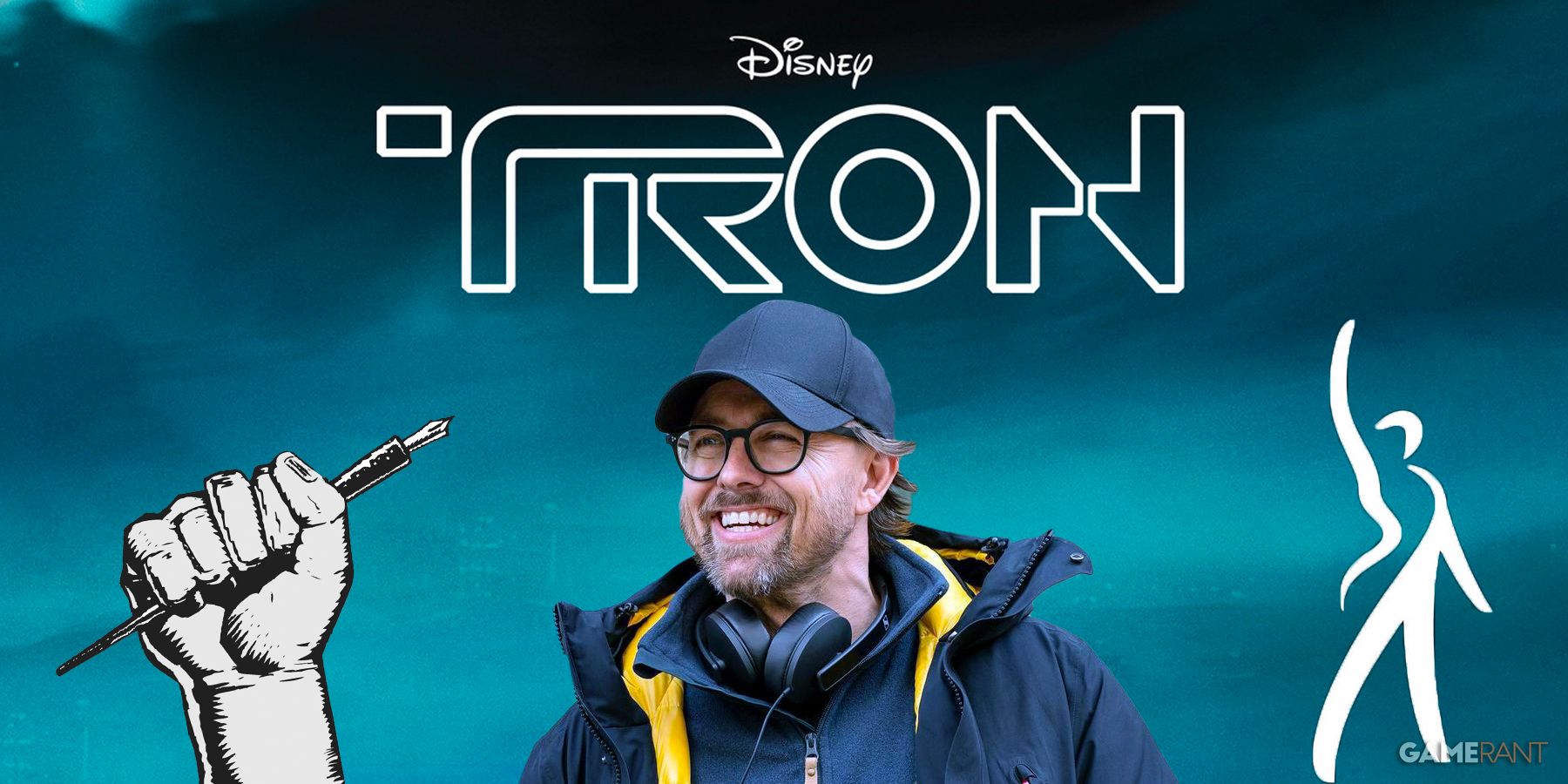
Tron 3 Director Vents Frustration With Strike Talks Following Movie's Delay
Tron: Ares has been indefinitely delayed at Disney, causing director Joachim Rønning to express frustration over Hollywood's double strike.

